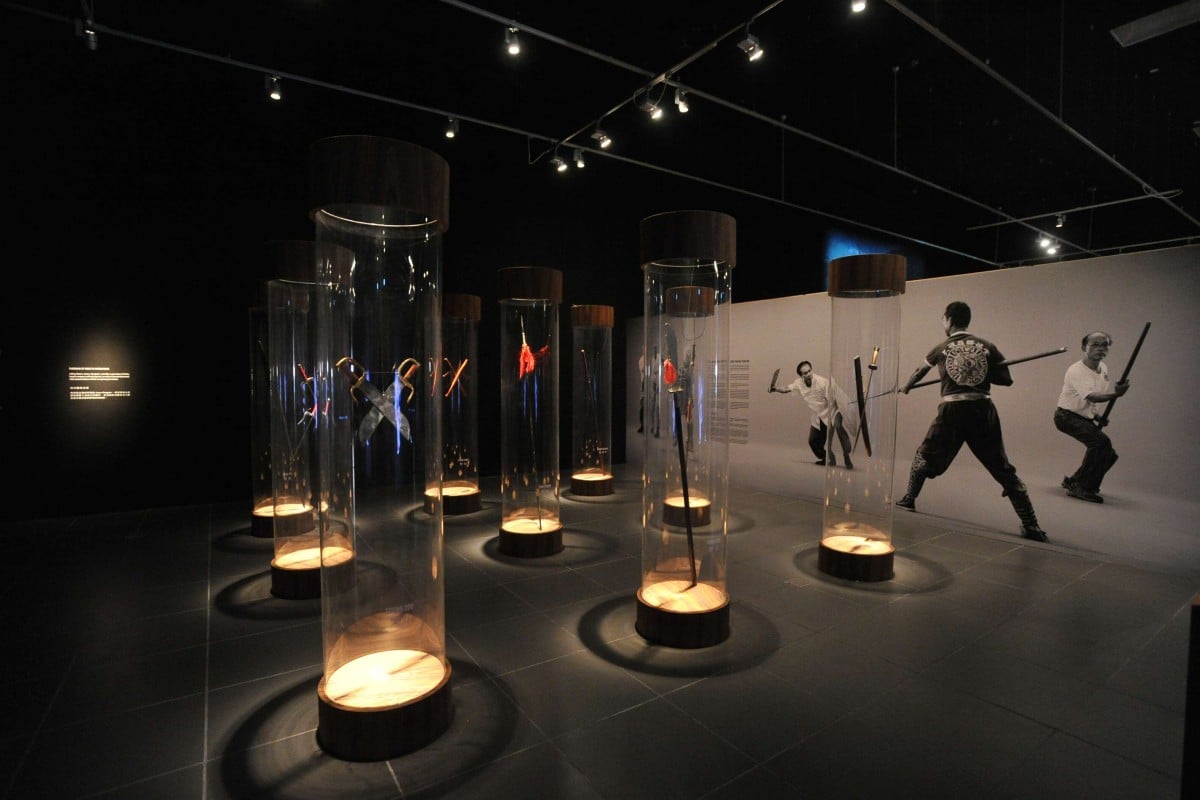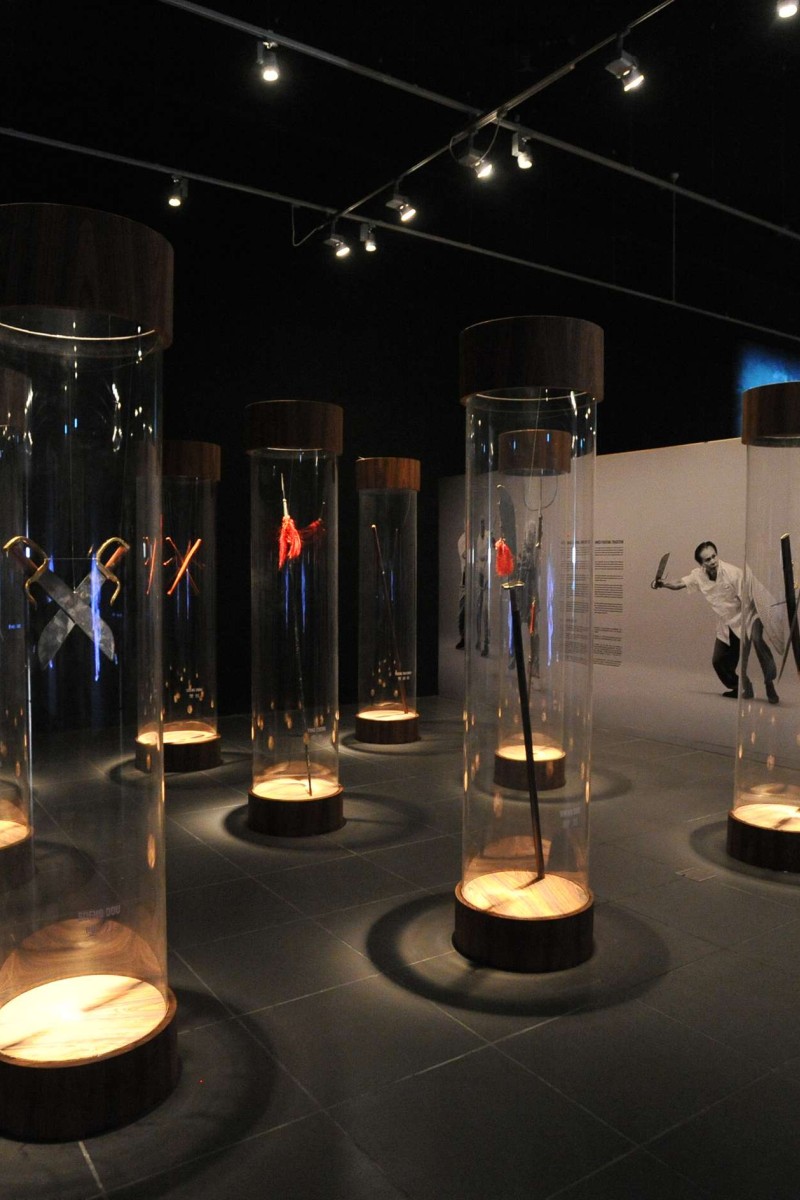
 HKCF features all sorts of exhibits, from kung fu weapons to lion dances.
HKCF features all sorts of exhibits, from kung fu weapons to lion dances.The second Hong Kong Culture Festival (HKCF) is currently taking place, celebrating the city’s unique culture. But most teens don’t relate to what we see as old-fashioned and boring. But you’re wrong: there are some really interesting stories behind some of these cultural treasures, and great reasons why we should go.
Hing Chao, founder of Intangible Cultural Heritage Earthpulse Society, explained to Young Post why the festival was necessary. He said a lot of effort has been made in Hong Kong over the past 10 to 20 years to support and promote Western cultural organisations, such as the Hong Kong Ballet, and Hong Kong Philarmonic. “However, there are still a lot of traditions going unnoticed and disappearing, so we hoped to create a platform to promote them and find ‘heirs’”, or young people willing to learn about the traditions and practise them.
Also involved in the festival is the government’s Intangible Cultural Heritage Office (ICH). ICH head, Cissy Ho, agrees that events like the festival are crucial. “We need help from individuals and cultural organisations ... to promote Hong Kong’s intangible cultural heritage, and raise awareness of the [importance] of preserving it.”
The theme of this year’s HKCF is “Heritage in the Digital Age”. Hing says: “With rapid development in technology, the distance between people is increasing. Our lifestyles have changed. Although I have a huge passion for traditional culture, I realise that the most interesting way of promoting it is with the help of technology. ... We hope the public will learn intangible cultural heritage from a different perspective.”
Some of the festival’s highlights include Hakka kung fu demonstrations, lion and dragon dancing glove puppet performances, and an exhibit of ink art.
The Hakka kung fu exhibit features weapons, training videos, and uses stereoscopic 3D moving image technology to capture human movements, creating images that highlight the intricacies of the movements. Ho says, “Instead of just looking at exhibits, the public should be given chances to participate in workshops and activities to better understand intangible cultural heritage.”
Putting the festival together was no easy task, as organisers had to select just a few traditions from the many that exist. They also had to select those cultural activities that would appeal most to young people.
Chao says, “[People] don’t want to learn about intangible cultural heritage from museums and books. And we don’t want to introduce these things to the public in an ancient way. I don’t believe teenagers nowadays would go and watch Cantonese opera just because they’d heard it,” saying that being shown local culture from a different perspective is more appealing to younger generations.
“If teenagers don’t participate in or aren’t interested in local culture, I don’t think we’ll know what or where we are [as Hongkongers]. It is important for teenagers to understand their traditions.”
Many people wonder why we should care about ancient traditions. Ho gave an example that many of us are familiar with.
“People drink milk tea every day, and the skill of making that milk tea is form of culture heritage passed on from one generation to the next. These traditions are happening all around us. But our lifestyles have changed, and so too have the traditions, and people care less about them. That is why Intangible Cultural Heritage Office was set up, to raise public awareness and to promote local intangible cultural heritage.” This way, she hopes, local traditions will not be lost.
Chao adds: “Life is more complicated today than it used to be. Much of our cultural heritage comes from a time when Hong Kong was full of farmers, and this was their entertainment, so culture, society and labour cannot be separated. With the improvements of modern life, traditional culture has been cut from everyday existence. The goal of HKCF is to find a way to put traditional culture back into our daily lives.”
HKCF runs until late October, with events across the city. Click here for more information.

